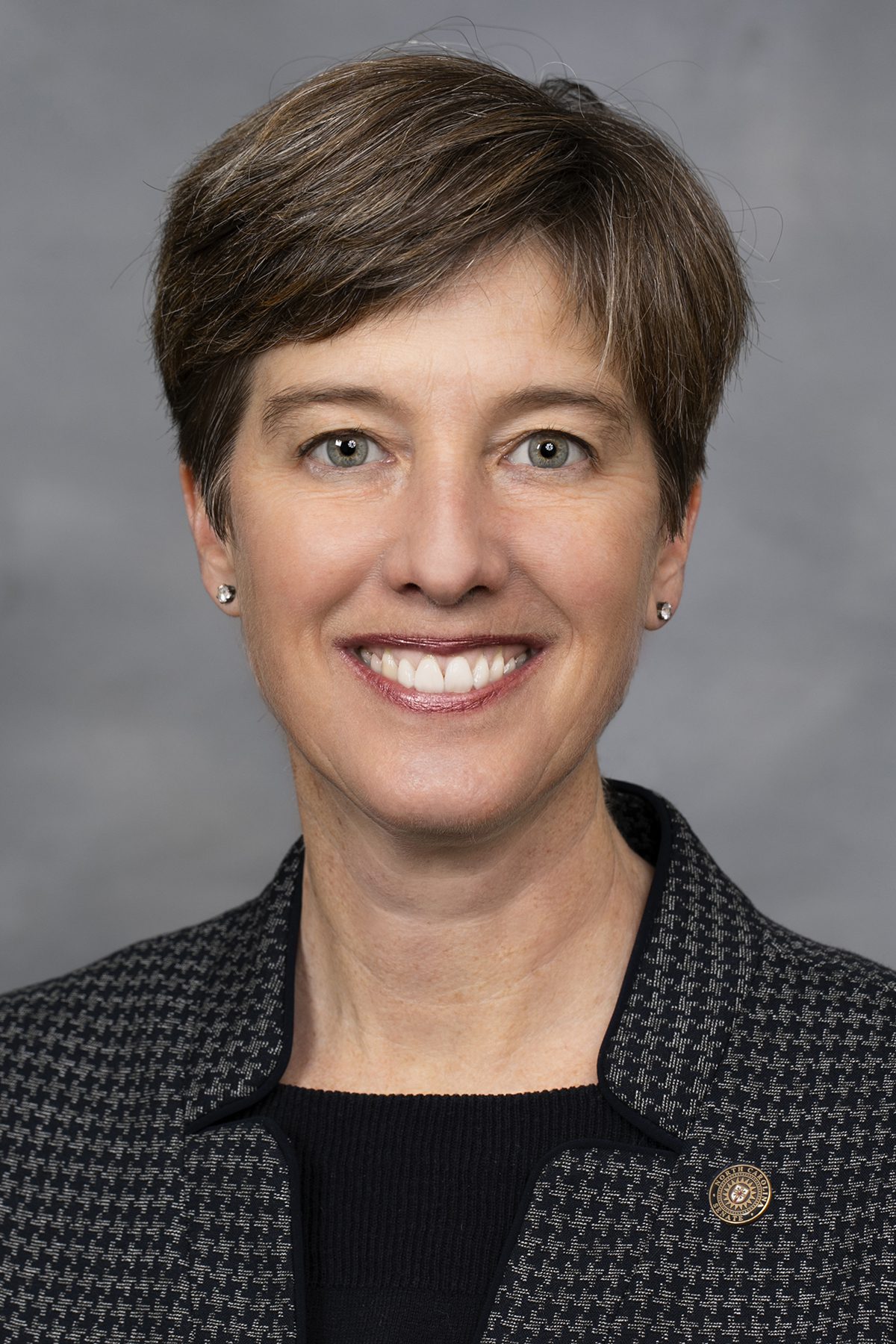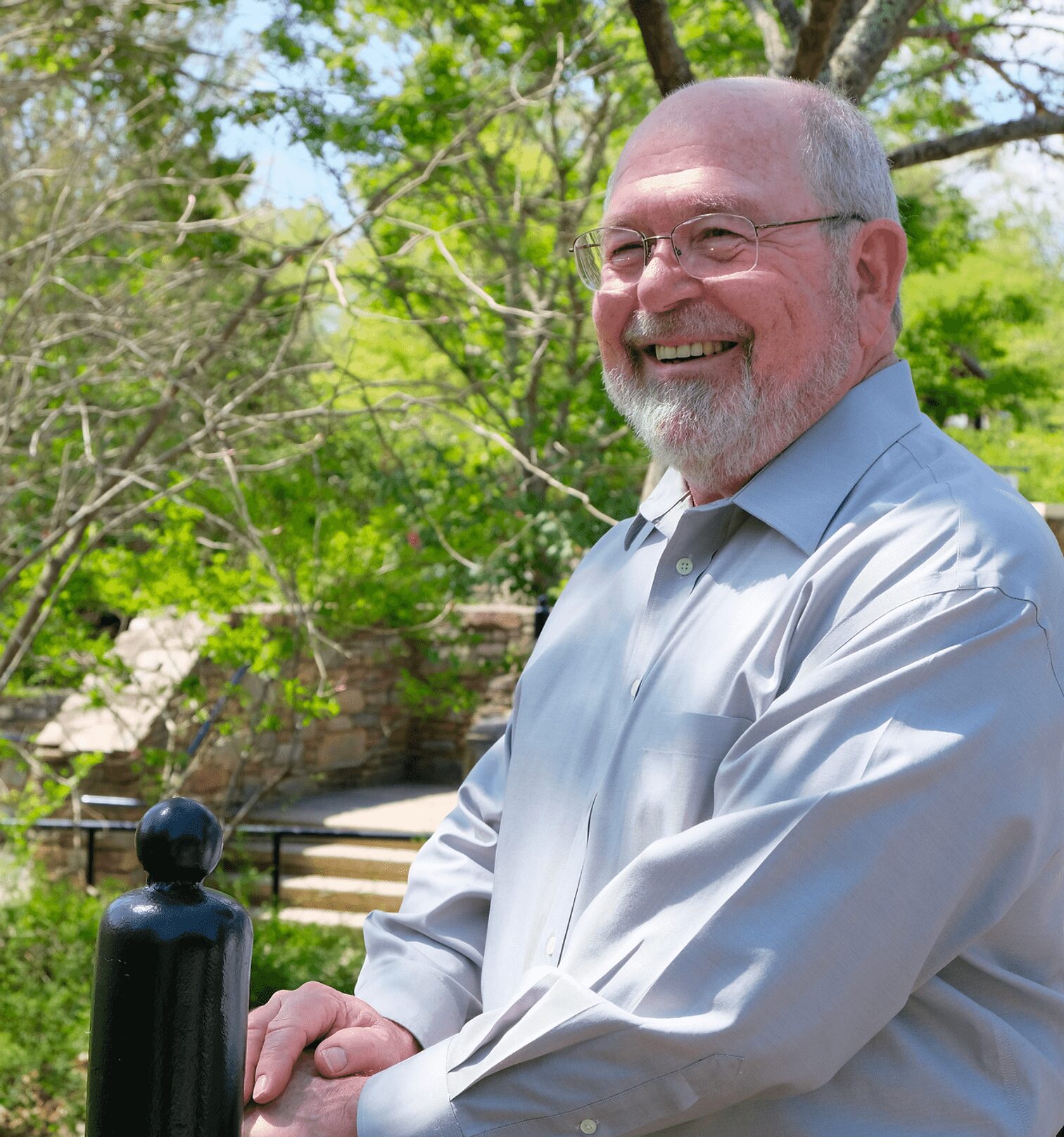
RALEIGH — The environment and transportation infrastructure are two key issues on the mind of both candidates in the North Carolina General Assembly race for Buncombe County’s district 49 senate seat.

The seat is currently held by freshman Democrat Julie Mayfield, who was elected in 2020 after defeating Republican Bob Penfield with over 62% of the vote. Mayfield won the Democratic primary earlier that year with around the same percentage of the vote over Ben Scales and Travis Smith.
In this year’s primary elections, Mayfield repeated her first performance, surpassing fellow Democrat candidates Sandra Kilgore and Taylon Breedon with over 68% of the vote.
Mayfield was born and raised in Atlanta, Georgia, and her mother was born in Asheville and grew up in Jackson County. Mayfield is a lawyer who attended Emory Law School.
According to her campaign website, she moved to North Carolina in 2008 to take on the role of executive director of the Western North Carolina Alliance, which is now called MountainTrue.
Mayfield served on the Asheville City Council for five years prior to joining the state Senate. In an interview, Mayfield told North State Journal said she ran for the seat after no one else who “had been on the political scene longer” than she had stepped up to run after her predecessor Terry Van Duyn decided to run for lieutenant governor.
“It was important to me that we have a very, very, capable person and I wasn’t seeing that person emerge and so I decided that that was the universe telling me that it was my turn and my time,” said Mayfield. “I had the ability to do it. I have the flexibility to do it. I love state-level policy.”
Mayfield went on to say she was a lobbyist in Georgia for a number of years and has been doing state-level advocacy in the environmental field for almost 20 years.
This fall, Mayfield will face political newcomer Republican John Anderson, who

describes himself as a “practical environmentalist.”
“I’m a practical environmentalist,” Anderson said in an interview with North State Journal. He added that he “worked on E3 nationally, which is energy, economy, and the environment,” which he described as a program with “six different federal agencies led by the EPA and I was in a program in the Department of Commerce.”
“It was for community involvement to reduce pollution, to reduce the impact of manufacturing, help them recycle, help them change processes to reduce impact and also just make sure that they weren’t throwing things away or disposing of things in an improper manner,” Anderson said.
As the son of a 20-year Navy and Air Force veteran, Anderson followed in his father’s footsteps of service by joining the Department of Defense working on the Navy’s Energy and Environmental Support Activity. While working for the Navy, Anderson traveled around the country doing surveys on hazardous waste disposal in an attempt to confirm where there had been contamination.
Anderson also has a background in technology and manufacturing, working for the last 20 years with the California Manufacturing Technology Consulting (CMTC), a public-private partnership.
“Through my broad background of team building, I think I can work across the aisle and also across into the into the house, to solve problems and create solutions with the diverse stakeholders to achieve common goals, which is really to improve the life of everybody in the area and in the state of North Carolina,” Anderson said.
Anderson said he got interested in running by working with the Republican Party and now that he is retired, he has time to devote to politics. He also noted a reason for running was he “didn’t have any communication from the current senator.”
Broadband expansion and making sure his region gets its share of the funding is one area of concern for Anderson. When it comes to transportation infrastructure, road disrepair and potholes are major issues for Asheville area residents, according to Anderson.
“When you drive, you hit big potholes. About every other time or every third time, I go in for an oil change I have to get my tires aligned,” said Anderson. “So, it’s that type of stuff. When you go to cross the bridge here, there’s so many potholes it’s dangerous people trying to avoid those.”
Anderson also said he is “not focused on special interest groups.”
“I’m not interested in special interests. I’m interested in the environment for everybody,” Anderson said. “I really want to work on communication about what’s going on with that in every voice counts. I’m very, very pro-understanding the issues that the constituents have and working on solutions for them.”
Anderson went on to say that he is “more solution-based and team-based” than he is “party-based.”
He also underscored the need for job growth through high-paying manufacturing jobs.
“Those types of jobs, statistically, increase other jobs two the three times,” said Anderson. “So that’s the support folks; the Dentists, the lawyers, all of those people. It’s a job multiplier having manufacturing jobs increased.”
Anderson has lived in Asheville full-time for close to four years. He previously lived in Los Angeles, California.
“When I traveled the United States, I really fell in love with Western North Carolina,” Anderson told North State Journal. “And then 10 years ago our daughter moved here. We have three wonderful grandchildren here and the grandchildren were a draw.”
Given Mayfield and Anderson’s strong backgrounds in the environment, that may lead to more eyes on the race following the recent U.S. Supreme Court’s 6-3 ruling in the case of West Virginia v. EPA. The high court overturned a lower court’s ruling that had given almost expansive regulatory powers to the EPA through the Clean Air Act. Democratic North Carolina Gov. Roy Cooper called the ruling “another outrageous opinion” and also said, “state action on climate change is more critical than ever.”


